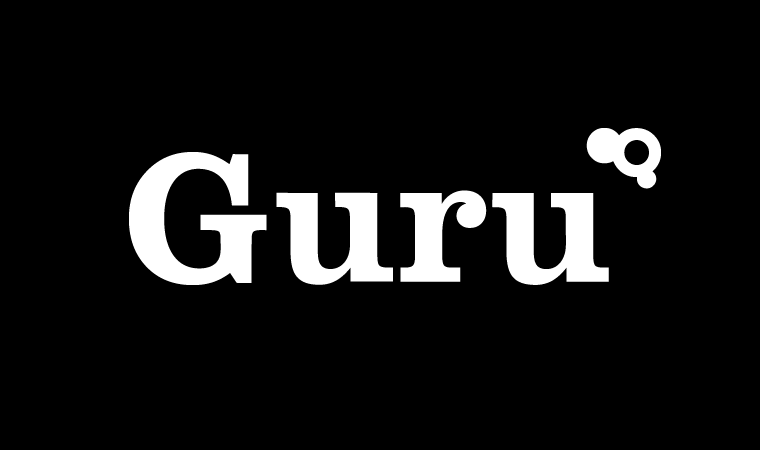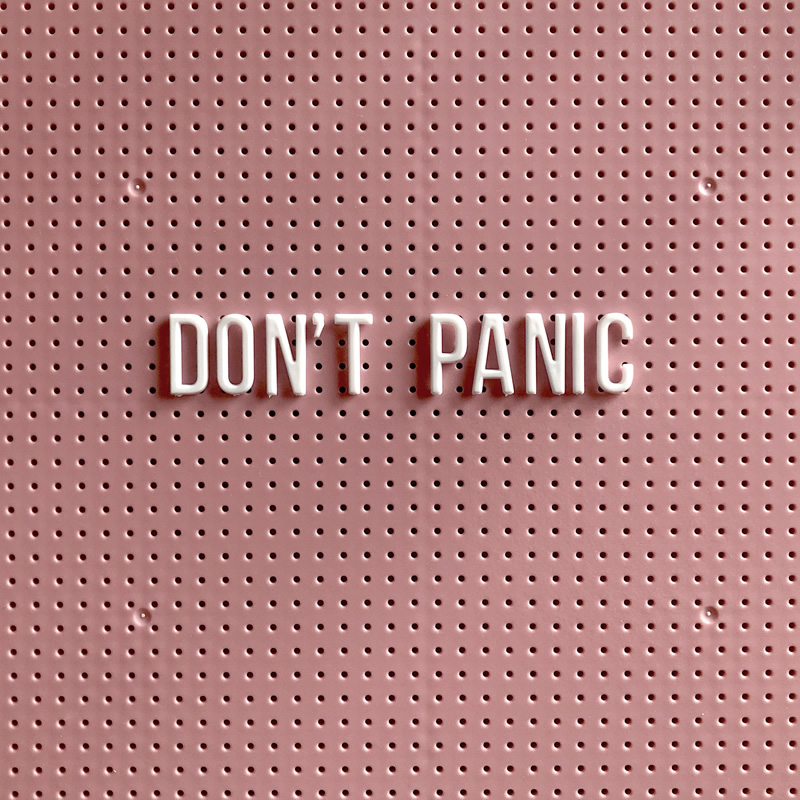For most of us, the last 3 or 4 months has presented a unique working experience allowing us to spend extended periods of time with our families or perhaps with no one at all. Now, as lockdown ends and the workplace readies itself for business, what impact has this had on the mental health of employees?
Jo Stone from Stepping Stones Coaching provides Guru with her unique insight and tips on coping with the anxiety of returning to work…
What is anxiety?
According to the text book dictionary definition anxiety is “an uncomfortable feeling of nervousness or worry about something that is happening or might happen in the future” (https://dictionary.cambridge.org/dictionary/english/anxiety).
As someone who has experienced anxiety for most of her life, I believe – for me personally – this is a pretty accurate description. But, we all experience anxiety for a plethora of reasons, with our own unique triggers and responses. Every person has their own unique personal paradigm – how they see, experience and react to the world around them. Our personal paradigms are a collection of our life experiences, lessons, traumas, culture, upbringing and on and on. This is the same for anxiety, no one person knows how the next person feels, copes and reacts to uncertainty, pressure or change.
There are commonalities and the dictionary definition draws on some of these – anxiousness is uncomfortable, it can result in a nervous or worried feeling and it will relate to something that has, is or will happen (or not happen). Most humans are uncomfortable with change and the unknown – common sources of worry and anxiety.
How anxiety manifests differs greatly. And, so does the impact anxiety can have on some or all areas of our life – private, work, family, social etc. For some it may manifest as a series of anxious thoughts and thought processes, for others this can become physical with nausea, breathing difficulty, poor sleep, lack of appetite etc. and then for others it can cause social interactions to change, they may withdraw. We all experience anxiety at some stage of life, as a child that first day of school, as a parent worry about your child’s first day at school, as a manager worry about work, targets and teams.
Anxiety is a natural defence mechanism. In the face of a perceived threat humans and animals will enter fight, flight or freeze mode. And anxiety is a manifestation of our minds telling us something is not safe, there is a potential danger and we need to be aware. Helpful back when we were hunter gatherers with a bear chasing us down, but sometimes debilitating in the modern world.
Anxiety also has a lot of stigma, it may be perceived as a weakness or not coping. Thankfully mental wellbeing is higher on our agenda nowadays and hopefully that stigma is shifting more towards empathy, understanding and being brave enough to own our feelings and the affect they may have on our day to day lives.
Are we moving towards a new found anxiety – CovAnxiety?
I for one know that I am. This new normal of working from home, socialising less, adjusting to the pleasures homelife brings as well as the stresses – is definitely creating a level of unrest and anxiousness about what the future new normal will look like.
From the obvious concerns around health and Covid, confronting how to socially distance on a practical level and feel safe from the threat of a second peak. Even more so for those who are or live with individuals more susceptible. Worry about our dependents coping with a change when we have to move back into public arena – will our pets and children go into meltdown having had daily access to their favourite people?
People feel pressure around the economy, job security and the need to mitigate the financial impact Covid has had on their organisations and personal finances. Managers and leaders have the responsibility of their teams welfare to consider.
People have responded very differently to lockdown and social distancing. The extroverts among us are itching for that social interaction and the face to face workplace environment. Conversely us introverts may have gotten used to seeing fewer people, not doing a busy daily commute and being in meetings all day long.
All of which is a perfect recipe for CovAnxiety!
How Can We Accept, Invite and Work Through CovAnxiety?
We have all struggled and benefitted from this new normal. How do we ensure we keep the lessons we have learnt close at heart – whether that’s the importance of empathy and care for loved ones or work colleagues; or the value quiet time and space can bring to productivity and peace of mind. Everyone has been on an unprecedented and unpredictable journey, which is challenging, brings anxiety but also brings growth and insight worth holding on to.
What have you changed or learnt about yourself and others in this period? And, how can this benefit you moving forward?
I am increasingly noticing the conversations are changing from frustrations of lockdown, to worry about the new normal. Perhaps a healthy outlet to deal with Covanxiety is to simply talk about it, share your own experience and encourage others to do the same. There is a certain comfort in knowing you’re not alone in this – it is just the next part of our crazy covid journey.
Another valuable tool is a “Thought Diary”. Thought Diaries are a wonderful CBT (Cognitive Behaviour Therapy) tool. You can search online for different templates, but essentially you focus on a worrying thought and ask the following:
- What is the situation you are worried about?
- How is it making you feel? How is it manifesting?
- Is it affecting you physically?
- What is the worst that could happen? What buttons is it pushing?
- What is an alternate balanced thought? What would you say to a friend if they came to you? What is the most likely thing that could happen?
- What could I do to think differently about this? What is the best response? And how would thinking this way impact the situation?
Such simple coaching questions, that can often take a thought or worry from the worst case to something a lot more manageable and easy to cope with or face.
Lastly I will leave you with a mantra I live by – You Can’t Choose the Cards You Are Dealt, Only How You Play Them!

